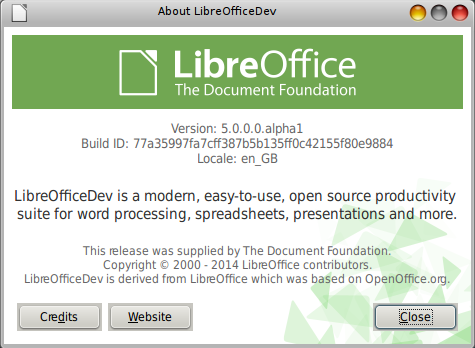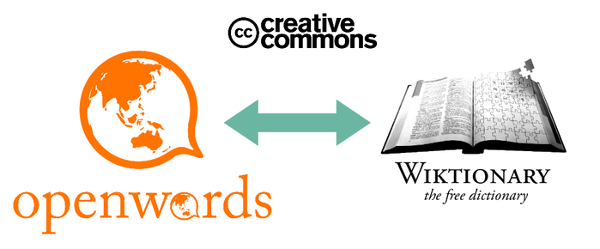The Bristol Post, no stranger to the pages of this blog, has a sister paper, the Western Daily Press.
Both used to be produced in Bristol and were printed at the – now vanished – print hall of the Temple Way Ministry of Truth.
There used to be an old Bristol joke about the local press. It ran as follows: there are 2 newspapers in Bristol; there’s the Western Daily Press, which carries stories about far-flung corners of the West Country such as London, Manchester and Edinburgh (or any other 3 major UK cities of your choice. Ed.), and the Bristol Evening Post (as it was then called. Ed.), which carries stories about far-flung corners of the West Country such as London, Manchester and Edinburgh and 50 pages of classified advertising.
However, both the Post and the Press have more in common than their heritage and ownership. They are both badly written.
Thursday’s Press carried a piece which puts it firmly in homophone corner with a dunce’s hat on its head, as shown by the following screenshot.

For the benefit of passing Press “journalists”, here’s where your anonymous colleague went wrong.
You confused the heterographic verbs to break and to brake.
The former, which you used, is a strong verb, also called an irregular verb; these verbs form the past tense or the past participle (or both) in various ways but most often by changing the vowel of the present tense form. In this instance, break (present tense), broke (past tense), broken (past participle).
The latter, which you should have used in this case, is a weak verb. These (also called regular verbs) form the past tense by adding -ed, -d, or -t to the base form (or present tense form) of the verb (e.g. call, called).
Got it now?
Good! 🙂







